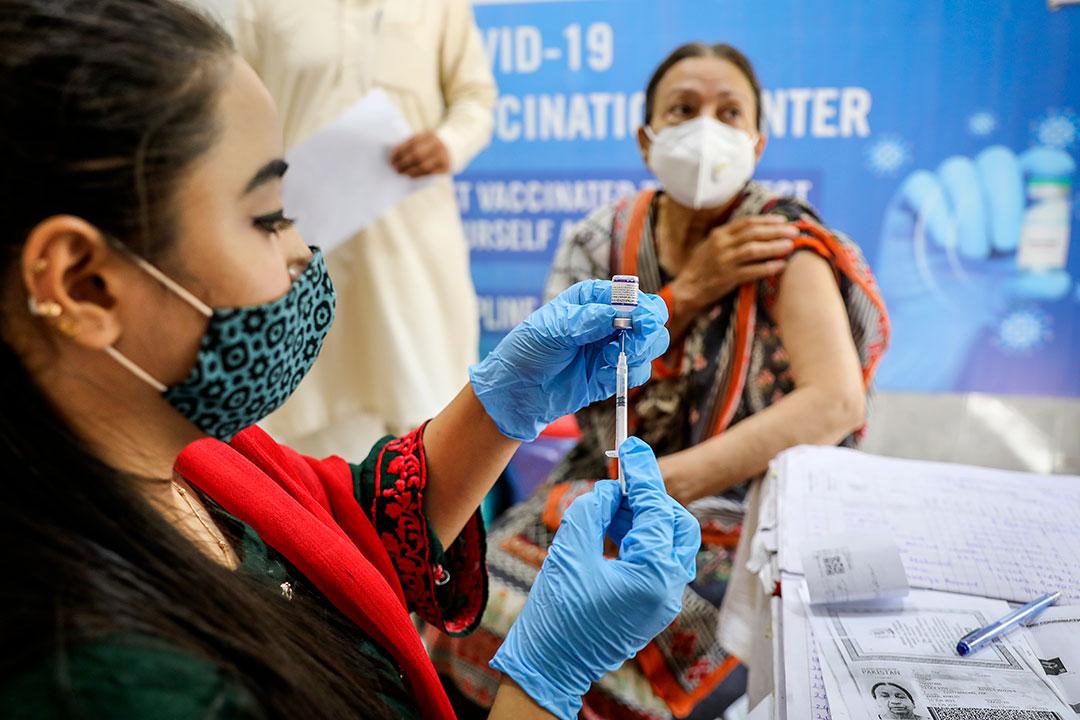New York City: Working towards more effective tuberculosis (TB) vaccinations, researchers at Weill Cornell Medicine have developed two strains of mycobacteria with "kill switches" that may be activated to stop the bacteria after they elicit an immune response.
Two preclinical research addresses the difficulty of designing bacteria that are safe for use in controlled human infection trials or as improved vaccinations. While tuberculosis is under control in most developed nations, the illness still kills over a million people each year worldwide.
Spreading easily through the air, Mycobacterium tuberculosis can establish a chronic infection in human lungs, which can turn into a deadly respiratory disease. A safe vaccine called BCG, consisting of a weakened strain of the closely related Mycobacterium bovis, has been available for over a century but has limited efficacy.
"BCG protects children from tuberculosis meningitis, but it doesn't effectively protect adults from pulmonary tuberculosis, which is why it's only used in high-incidence countries," said Dr. Dirk Schnappinger, professor of microbiology and immunology at Weill Cornell Medicine and a senior author on both of the new studies.
However, collaborators at the University of Pittsburgh and the National Institutes of Health's Vaccine Research Center previously found that administering high doses of the BCG vaccine directly into the veins, instead of the usual route of giving it under the skin, was better at protecting adult macaque monkeys against lung infection.
In one of the new papers, the team aimed to make this high-dose intravenous injection safer, without destroying the vaccine's ability to stimulate a strong immune response. "We needed a version of BCG that triggers an immune response, but then you can flip a switch to eliminate the bacteria," said Dr. Schnappinger.
After testing about 20 different strategies, the investigators found that lysins, enzymes encoded by viruses that can infect BCG, cause the bacteria to self-destruct. Using a clever bit of molecular engineering, they placed two different lysin genes under the control of gene regulators that respond to an antibiotic. By adding or taking away the antibiotic, they could then flip the kill switch. "The lysins were known, but I don't think they have been utilized as kill switches previously," said Dr. Sabine Ehrt, professor of microbiology and immunology at Weill Cornell Medicine and a senior author on the papers.
With the newly engineered BCG, the researchers delivered high doses of the vaccine intravenously to antibiotic-treated macaques. When they stopped the antibiotic, the kill switch was activated, promptly ending the infection. The self-destructing bacteria released antigens that further stimulated the animals' immune systems. The result was a robust immune response that protected the monkeys from subsequent lung infections with M. tuberculosis.
"Despite the promising preclinical results, evaluating if the vaccination actually works takes a long time and many people to test it. Tuberculosis doesn't develop quickly and only in a small fraction of the people who are infected," Dr. Schnappinger explained. Such enormous, lengthy clinical trials can cost hundreds of millions of dollars, a major barrier to new vaccines. The urgent need for an effective TB vaccine has prompted researchers to find innovative ways to accelerate vaccine development.
In collaboration with researchers from Harvard T.H. Chan School of Public Health, the team's second paper is an effort to make clinical trials feasible--developing extremely safe strains of TB bacteria that can be used in controlled human infection studies. They engineered a strain of M. tuberculosis carrying a triple kill switch, which uses three independent molecular mechanisms to kill the bacteria. Even in severely immunocompromised mice, the switch allowed the investigators to stop the infection on cue, with no detectable bacteria surviving.
Now, they are setting up additional tests in mice and non-human primates to confirm the system's reliability with the goal of using the new strain in human challenge trials of new vaccines. "We are starting with one of the most successful human pathogens ever, so we are very aware of the safety concerns, and that challenge has to be met at the highest levels," said Dr. Schnappinger. (ANI)

